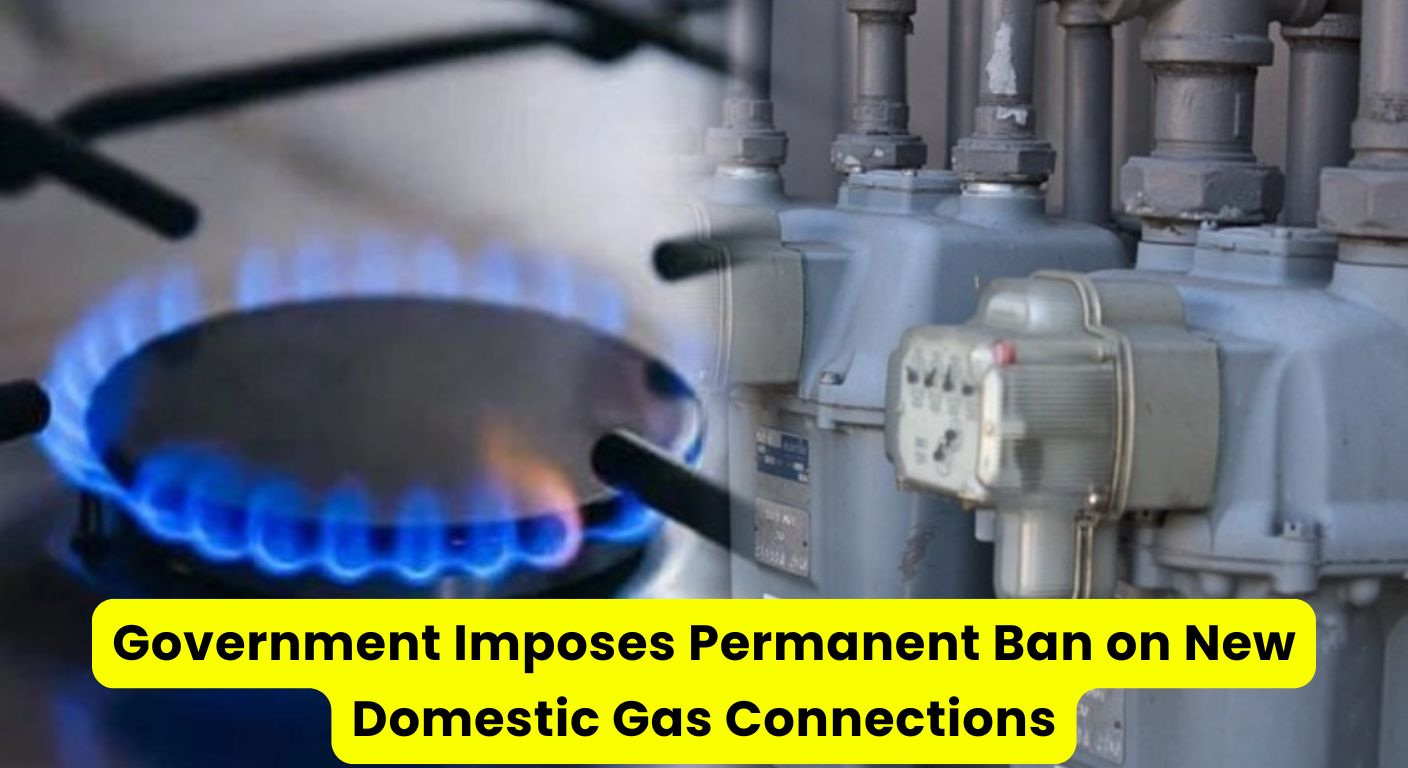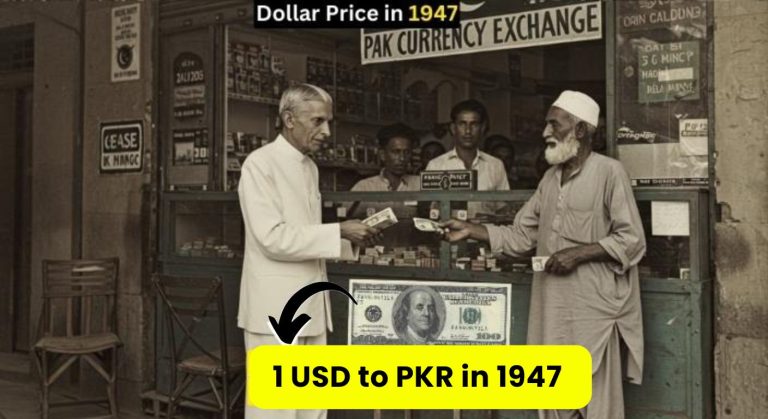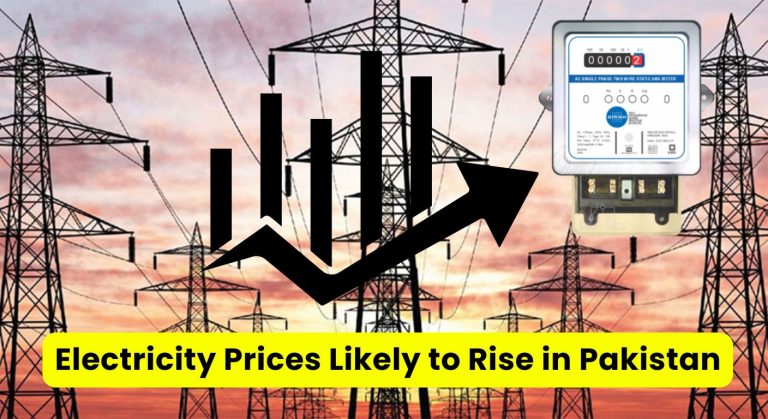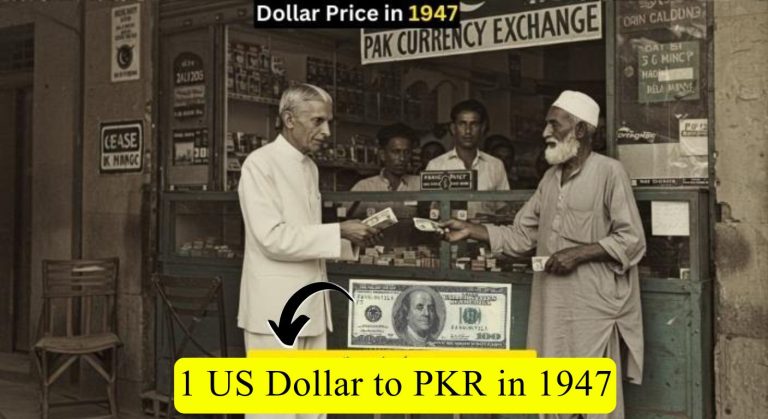Government Imposes Permanent Ban on New Domestic Gas Connections

Islamabad, September 2025 – The federal government has officially announced a permanent ban on new domestic gas connections, a decision that will affect millions of households across Pakistan. According to the latest policy guidelines, around 3 million pending applications for gas connections have been cancelled, sparking serious concerns among citizens already struggling with energy shortages.
Details of the New Policy
The Petroleum Division has issued fresh directives to Sui Northern Gas Pipelines Limited (SNGPL) and Sui Southern Gas Company (SSGC) after approval from the federal cabinet. Under the new rules, domestic consumers will no longer receive gas connections from the existing natural gas supply. Instead, new connections will only be provided through imported gas, which is significantly more expensive.
Officials confirmed that the government has laid down nine conditions for consumers to qualify for new imported gas connections. These conditions are aimed at regulating demand, controlling losses, and shifting Pakistan towards reliance on imported fuel sources.
Urgent Fee Category
One major change in the new policy is the introduction of an urgent fee option. According to the framework, both SNGPL and SSGC will be allowed to issue connections to 50 percent of applicants each year, provided they pay this urgent fee.
Consumers who opt for this category will be connected to imported gas supplies within three months, instead of waiting years as in the past. However, this option comes at a steep price, as the tariff for imported gas connections will be 70 percent higher than that of domestic gas.
Disconnected Consumers Included
The government has also included a provision for households whose gas connections were disconnected for more than a year. Such consumers will now be eligible to apply for an imported gas connection under the new framework.
This move, officials say, is meant to ensure that households which lost their supply due to non-payment or technical issues can still regain access to gas – but again, only at the higher imported gas tariff.
Why the Ban Was Imposed
According to energy experts, Pakistan’s natural gas reserves have been shrinking rapidly over the past decade. With local production unable to meet growing demand, the government has been forced to rely on imported LNG (Liquefied Natural Gas).
Officials argue that continuing to issue new domestic connections based on local gas would further increase shortages and worsen the crisis. The ban is therefore aimed at reducing pressure on existing reserves while transitioning to imported gas for future needs.
A senior Petroleum Division official explained:
“We cannot continue giving new connections from local gas reserves that are depleting. This decision is necessary to manage resources and ensure long-term sustainability.”
Public Reaction
The announcement has caused frustration among ordinary citizens. Many families who had been waiting for years for their connection now find their applications cancelled. Residents complain that while imported gas may provide access, the higher tariffs will make it difficult for low-income households to afford.
A citizen in Rawalpindi, who had applied three years ago, said:
“We kept waiting and paying follow-up visits to the gas office, and now suddenly they tell us all applications are cancelled. It’s unfair to poor people who cannot pay 70 percent higher prices.”
Another resident in Karachi added:
“Gas was already expensive in winter, and now imported gas will make cooking unaffordable for many households.”
Economic Impact
Energy analysts warn that the shift to imported gas will increase the financial burden on households and may further fuel inflation. Pakistan already spends billions of dollars each year importing LNG, and extending this reliance to domestic connections will raise costs for both consumers and the government.
At the same time, industries fear that domestic consumers being shifted to imported gas may increase competition for limited LNG supplies, creating further instability in the energy market.
Government’s Justification
Despite criticism, the government insists that this step is unavoidable. The Petroleum Division stated that the decision will help reduce the circular debt crisis in the energy sector, improve supply management, and align Pakistan’s energy policies with international practices.
Officials also highlighted that the urgent fee option is designed to speed up service delivery and prevent the backlog of applications that has haunted the system for years.
Calls for Alternatives
Experts, however, argue that simply shifting to imported gas is not a long-term solution. They recommend:
- Investing in renewable energy sources such as solar and wind to reduce reliance on costly imports.
- Encouraging energy efficiency programs to reduce wastage at household and industrial levels.
- Expanding domestic exploration to find new gas reserves within Pakistan.
- Improving governance in SNGPL and SSGC, where mismanagement and losses have worsened the crisis.
Conclusion
The government’s decision to permanently ban new domestic gas connections and cancel 3 million pending applications marks a turning point in Pakistan’s energy policy. While officials defend the move as necessary for sustainability, the immediate impact will be painful for citizens, especially low- and middle-income families.
With imported gas costing 70 percent more, households will now face a higher financial burden. Unless the government introduces alternative energy solutions and strict measures to reduce costs, this policy may deepen public dissatisfaction and add to economic challenges.






